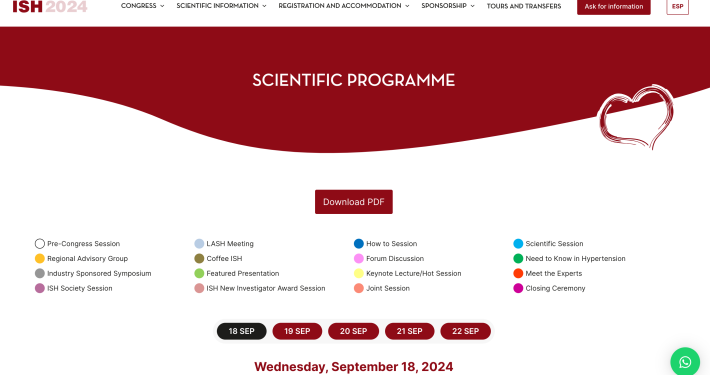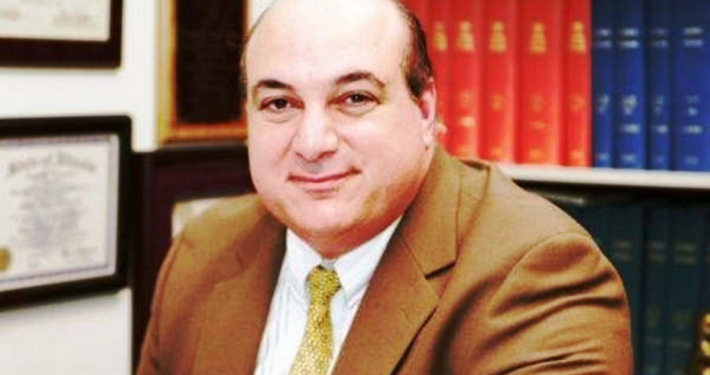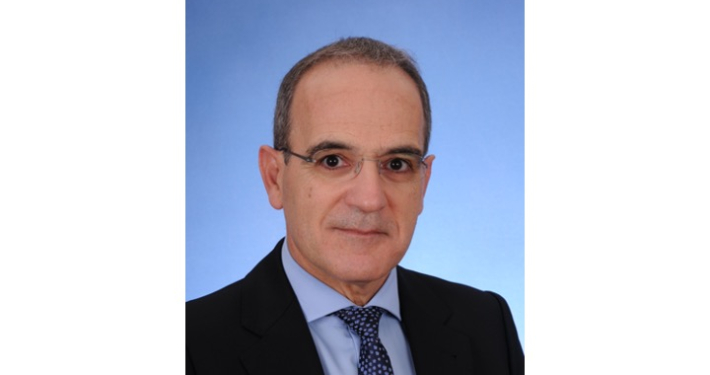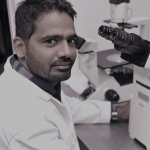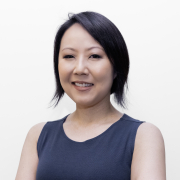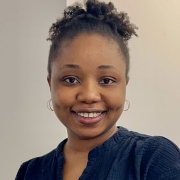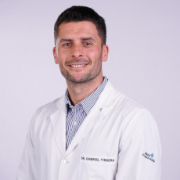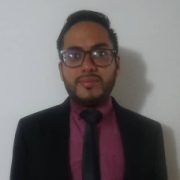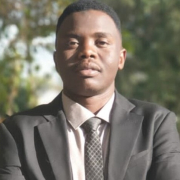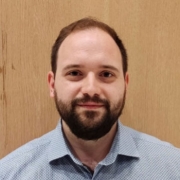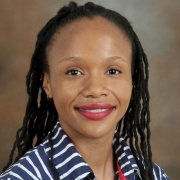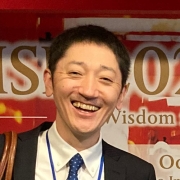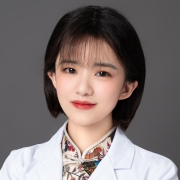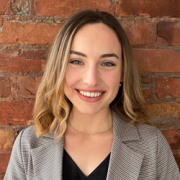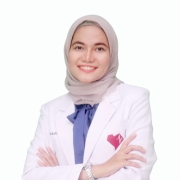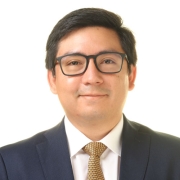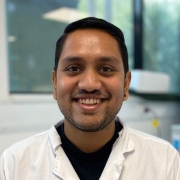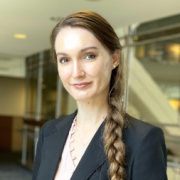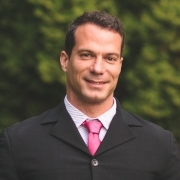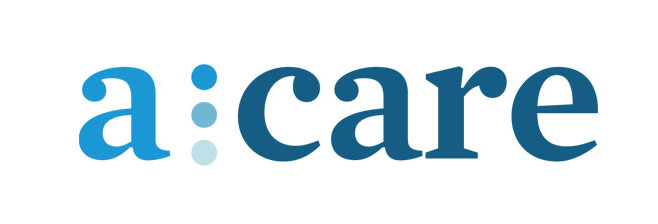How did you become interested in research relating to Hypertension?
Biology was my favourite subject as I was fortunate to have teachers, who motivated me by drawing parallels between the worlds of exciting discoveries and their applications to everyday life. I did my master research project on arthropod steroid hormone ecdysone. I, then more interested in studying human disease, thus my focused shifted from Ecdysone to aldosterone.
Describe your research & the program/lab (info of your supervisor) that you are in?
My present mentor is Dr Celso and Elise Gomez-Sancez and our lab mainly focuses on mineralocorticoids and hypertension. My current research is focused on identifying post-translational modifications such as O-Linked N-Acytyl Glucosamine, acetylation, ubiquitinoylation and their regulation of MR under pathological conditions especially diabetics. This work would shed light and lay foundation on pathophysiology of uncontrolled hypertension in diabetic patients. Besides, we are also developing some key antibodies in house that are commercially unavailable.
What do you consider to be your substantial scientific contribution so far (provide Pubmed PMID if possible)?
As a graduate student with Prof. Gian Paolo Rossi, I have identified and characterized KCNJ5 mutation in primary aldosteronism patients with resistant hypertension at University of Padova. My PMID is 25057880. Notable mentionings are PMID: 28472300 and PMID: 29016810.
What is your favourite manuscript from a lab other than your own (provide Pubmed PMID if possible)?
PMID: 11498583
Prof Lifton group identified mutation in WNK1 and WNK4 genes causing pseudohypoaldosteronism type II, a mendelian featuring hypertension that impairs K+ and H+ excretion resulting in increased salt reabsorption. This finding opened a new avenue to identify causes of hypertension.
What facilities are essential for your research?
Crazy idea, executive plan, collaboration, and fundings are the 4 prime ingredients. Besides, I am always interested in learning new techniques and applying to the existing problems.
Where do your research strengths lie? Why? What are your research weaknesses? How will you improve?
My major research strength is fun science, critical thinking, adaptation, persistence and resilience. My research weakness is excessive multi tasking, which sometimes results in decreased productivity. Hence, I am planning to carry out limited amount of focussed research work rather than multi tasking.
Describe your unforgettable (proudest) moment in science, and the most challenging situation that you have had to overcome (lessons learnt) so far?
My most unforgettable moment is application of a key gene (KCNJ5) mutation identified by me was being used as marker for deciding course of action or treatment for resistant hypertensive patients. This was one of the proudest moments and gave me immense satisfaction that I have impacted peoples lives positively.
At which conference did you first present? How was your experience?
I did my PhD at University of Padova, Italy. My first conference presentation was XXVIII Italian Arterial Hypertension Conference, Rome, Italy. I had fantastic opportunity to meet many scientists in the field.
What upcoming conferences will you be attending, and what is the furthest distance that you have traveled for a conference?
I am attending AHA scientific session 2018 in Chicago and ENDO 2019 in New Orleans.
How did you learn about ISH/NIN and its activities?
I learned about ISH during my PhD through one of my colleagues. But, I did not join ISH until I met Professor Alta Schutte at the Council on Hypertension meeting-2016 in Orlando, FL. She explained to me the benefits of the ISH. I was excited to join soon after.
What area(s) do you wish to specialize in the future?
I have always been fascinated to carry out scientific research on life style and age related diseases (diabetes and hypertension), since the beginning of my research career.My goal is to become a translational researcher in cardiovascular biology. The reason behind my motivation is complexity of pathophysiology of cardiovascular system that requires urgent need of therapeutic strategies to tackle leading cause of death in United States and worldwide.
Who is your role model in Science? Why?
There are many models for me in science. But If I want to pick one who presently active in the field is Professor Richard Lifton, who identified many causative genes involved in hypertension. In my opinion, he is the founder of Genetic basis of hypertension.
More importantly, my mentors namely Professor Gian Paolo Rossi and Professor Celso Gomez-Sanchez are my real inspiration for hypertension research and career.
What are your scientific goals? Advise for talented emerging scientists?
My Goal is to remain committed to doing science in a fun a way as possible whilst reinventing the genetic basis of cardiovascular disease.

